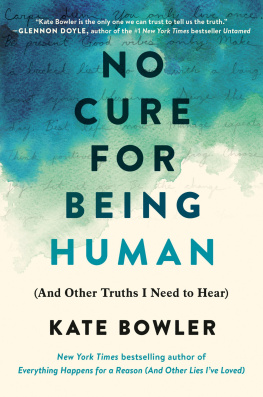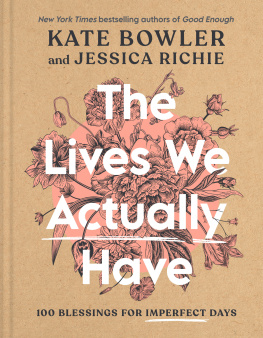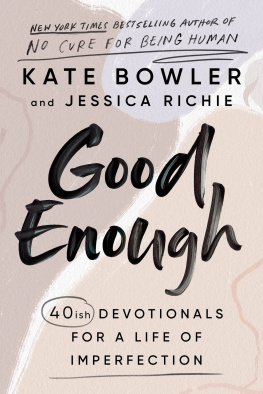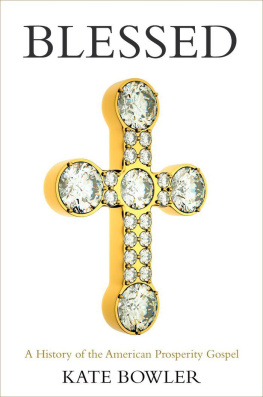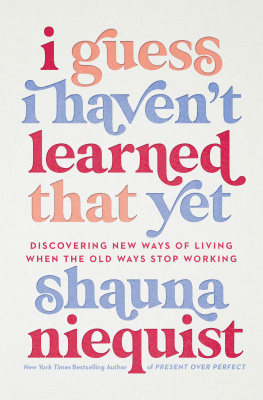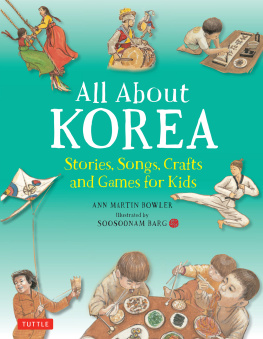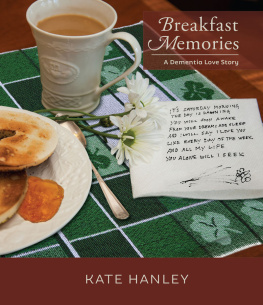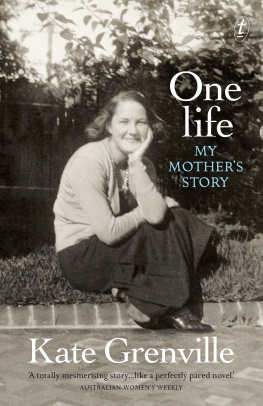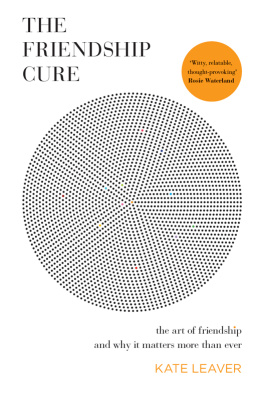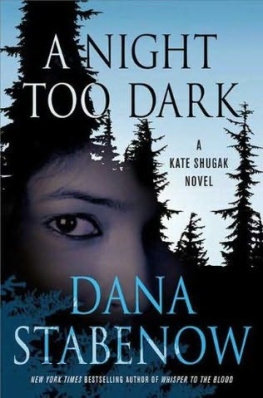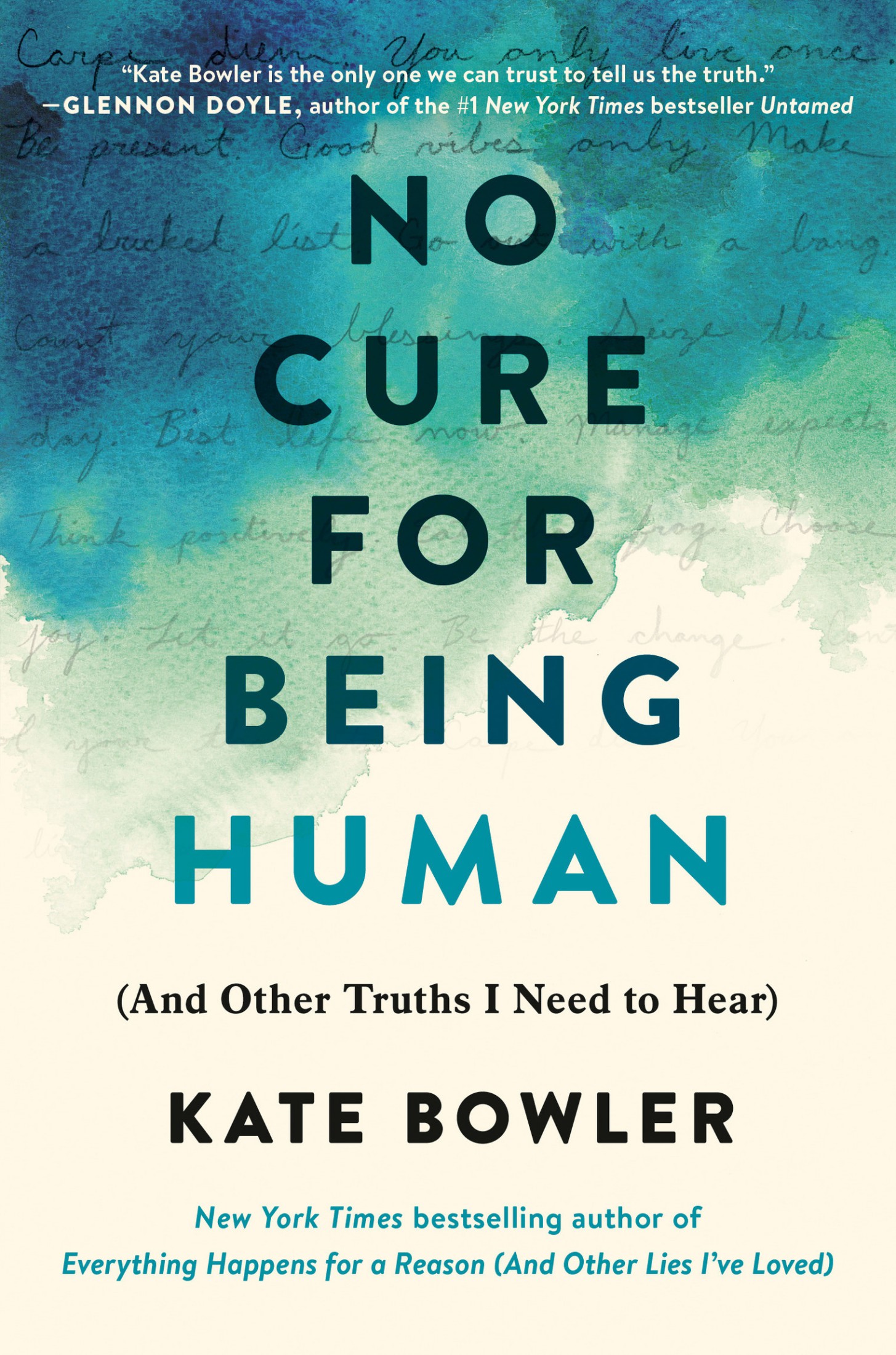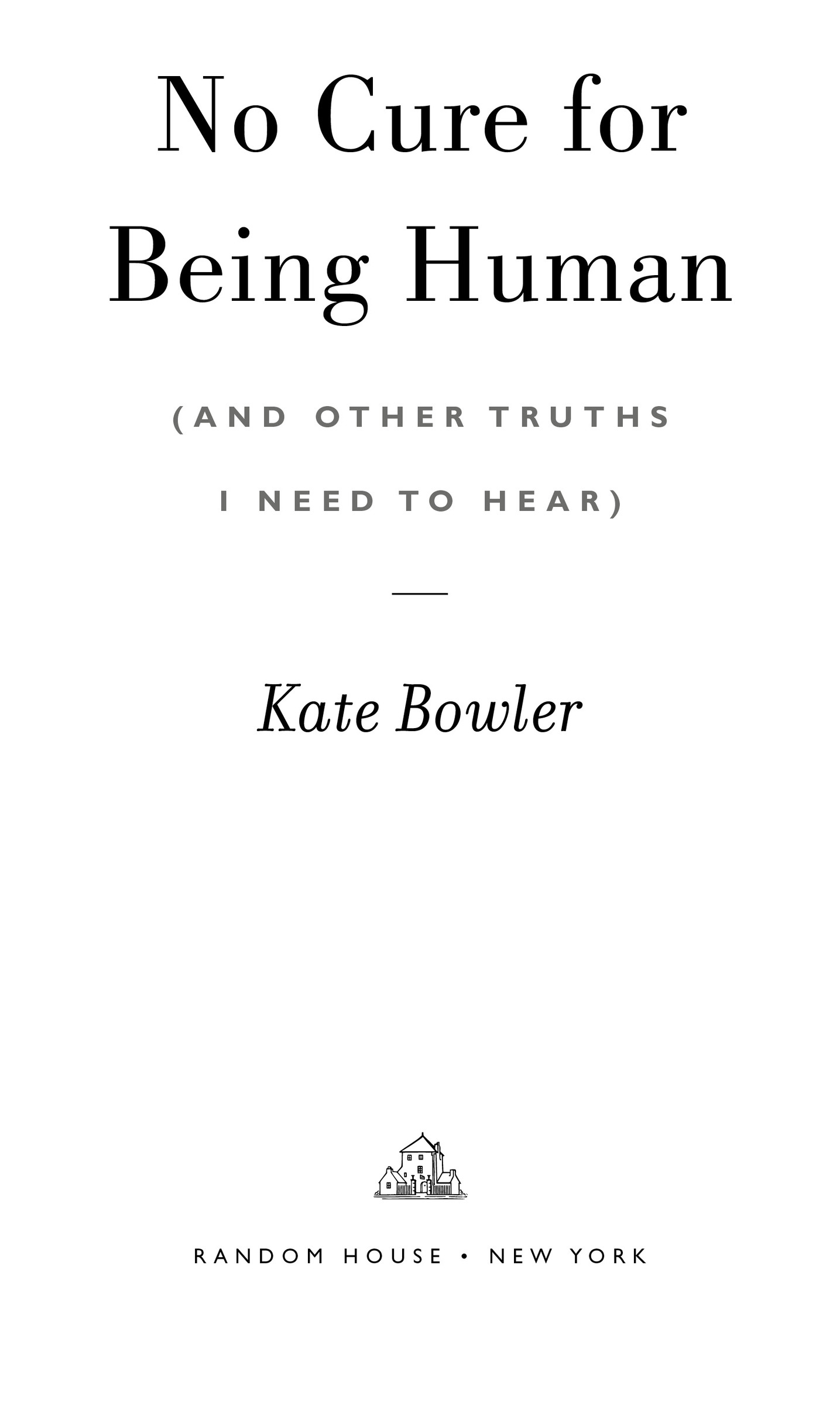A ll memoirs are, of course, subject to the vagaries of memory. As a historian, I try my best to meet the exacting standards of my profession. I relied heavily on my medical records, journals, and interviews to reconstruct my diagnosis and treatment with as much accuracy as possible. In order to preserve the privacy of my friends and arch-nemeses, I modified identifying details and changed the following names: Linda, Caitlin, Dr. Cartwright, Derek, Steve, Patrick, and Max.
PREFACE
I am a professor of history, so I know this in my bones: nothing is inevitable. History is made by people who stared, blinking, into the uncertain future. Their paths were not lit before them by sacred meteors. For most of us, this sounds like good news. We choose and choose and choose again.
Before the baby, before the diagnosis, before the pandemic. Before. Before when I was earnest and clever and ignorant, I thought, life is a series of choices. I curated my own life until, one day, I couldnt. I had accepted the burden of limitless choices only to find that I had few to make. I was stuck in this body, this house, this life.
American culture has popular theories about how to build a perfect life. You can have it all if you just learn how to conquer your limits. There is infinity lurking somewhere at the bottom of your inbox or in the stack of self-help books on the bedside table. It taunts you as you grip the steering wheel in traffic, attempting your new breathing practice, or in the predawn minutes when you could be working out.
I have seen these guides to endless progress for sale in airport kiosks. Some are written by spiritual guides promising to reveal Gods single plan and purpose for my life. Trust God and the path will reveal itself. Other books call for wild action. There are oceans to plumb and mountains to climb and planes to exit midair. Carpe diem! Try The 4-Hour Workweek to escape the daily grind, or check out the latest research on eliminating distraction. There are bucket lists galore with glossy photographs of thrills and architectural wonders; calendars with rituals to eradicate inefficiencies; and writing journals juiced with visionary wisdom from gurus and titans of industry. These are the formulas for a meaningful life, how to live one and how to end one.
But the truth is somewhere inside of me: there is no formula. We live and we are loved and we are gone. Tumors budded and spread across my colon and liver without my consent, and here I am. I feel a spark of horror each time I remember it: we come undone.
This is what happens to all of us. We fall ill. We get old. We cant have that baby or keep that relationship. We missed our chance to go to this school or take that job. Our parents die before we know them, and our kids forget our love. We lose people before we can learn to live without them.
I want to believe Im independent, but I am caught in a web, and every choice I make pulls at its threads. Is this a good decision? Will this choice hold? Who else suffers if the web comes unraveled? I am not my own. At this moment, I can hear the stirring of my husband, Toban, his heavy footfall in the hallway followed by the soft hiss of the water pipes for his shower. My young son, Zach, is curled into a blanket like a puppy at my feet, his blond head catching the sideways light of the morning. The computer monitor is casting a poor reflection of this room, its stacks of dog-eared books and walls lined from floor to ceiling with my sisters framed watercolors: my husband and me as teenagers; my father hugging me at the worlds largest Noahs Ark; me, like a benevolent zookeeper, cradling Zach in his teddy-bear sleeper. I look around me and I think, these are the choices Ive made. The people Ive loved. No matter how fleeting this was, I need them to believe: everything mattered. This life was enough.
But its not true, of course.
Nothing will add up to enough. I wish someone had told me that the end of a life is a complex equation. Years dwindle into months, months into days, and you must begin to count them. All my dreams and ambitions, friendships and petty fights, vacations and bedtimes with a boy in dinosaur pajamas must be squeezed into hours, minutes, seconds.
How should I spend them?
CHAPTER ONE
Best Life Now
I was in bed in the surgical wing of Duke University Hospital when the doctor popped his head in the door and smiled apologetically before flicking on the fluorescent lights. It was 4:00 a.m ., the end of my second night in the hospital, but no one in a hospital sleeps in the conventional sense. There are only intervals of sleep without rest, interrupted by unfamiliar voices.
Whats your date of birth? On a scale from one to ten, how would you rate your pain?
To this day, if you wake me up from a nap, I will immediately tell you my birthday.
I opened my eyes and saw a boyish face. The doctor wore a white coat too large for his frame and his eyes were bleary either from a day that had only begun or from a night that had gone on too long.
Six, sixteen, 1980. June 16.
Right, the doctor said, then paused. Soyoure thirty-five.
I nodded, and my eyes began to water. I brushed the tears away quickly. Not the right moment for that now, thank you.
If you keep replenishing my fluids, Ill just keep crying, I explained. Maybe keep me in a stage of light dehydration for the next few days.
The doctor suppressed a laugh and began to riffle through my case history. The patient has a history of abdominal pain after meals. Significant weight loss. Nausea and vomiting. No ultrasound evidence of gallstones or cholecystitis, but results of hepatobiliary scan led to a surgical consult to remove the patients gallbladderthen you got a CT scan.
No, I corrected. I yelled at a surgeon for the first time in my life and said that I was not leaving his office without a scan. Then they ordered a scan.
This had been the biggest showdown of my life, the doleful surgeon with his arms folded and me loudly demanding some kind of treatment. It had been five months, and I had lost thirty pounds. I was doubled over with the pain. I cant bear this much longer, I had said, again and again as doctors benignly shuffled me along.

